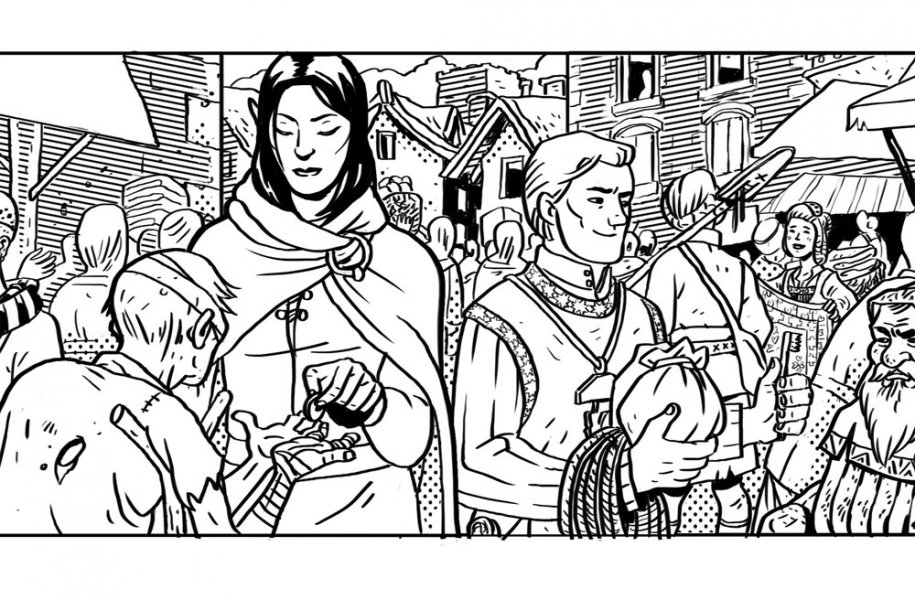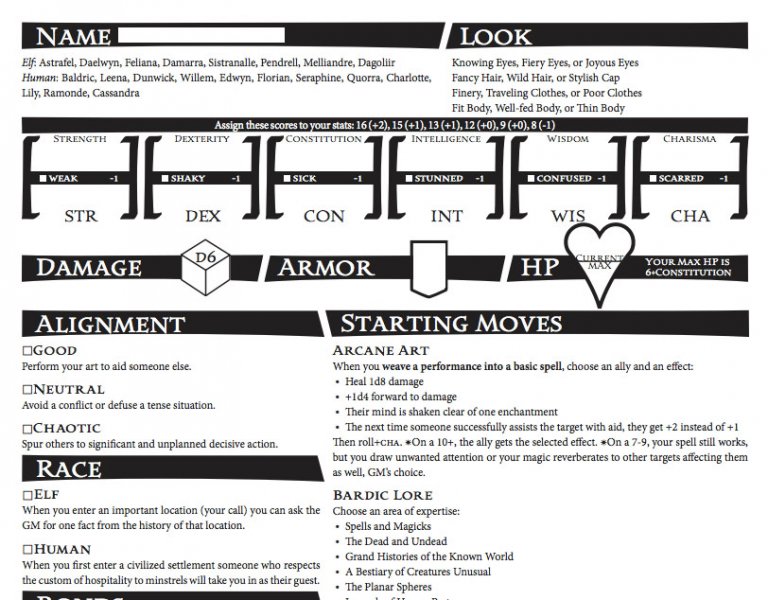Over the past year, I’ve become greatly involved in tabletop RPGs. I am a Gamemaster (GM) for two Pathfinder groups (one weekly, one monthly) and I have a Player Character (PC) in a monthly Dungeon World group. I view all of these sessions as cooperative experiences. In this editorial, we’ll be looking at how to facilitate a co-op experience and environment for tabletop RPGs.
I’m sure many of you have extensive tabletop RPG (henceforth just “RPG”) histories, so I just wanted to be clear that these are just some experiences I’ve had, and some opinions I wanted to share. I’d love to hear some of your thoughts on this matter in the comments below!

The GM is the Storyteller, Not the Overlord!
It’s easy to get the mistaken impression that an RPG is competitive in nature. The GM controls the enemies and NPCs while the PCs fight, coerce, bribe, and kill said enemies and NPCs. It’s important to dispense with this impression as soon as possible. Any GMs that want to keep players certainly can’t approach the game with the mentality that they “win” if they kill all the PCs. The GM needs to perform a tricky balancing act of presenting content that challenges the PCs, but doesn’t frustrate them. As a GM, I’m just as invested in the story as the PCs. Their triumphs are my triumphs. I definitely don’t see the monsters and NPCs as my “team.” I think about how they would react, given their personality or creature type, and have them react accordingly. The GM is there to breathe life into the world and guide the story along, not to ruin the PCs’ days! If everyone participating in the RPG session understands that, you’ve already laid the groundwork for a successful cooperative experience.

Sympathize, Distance Yourself, and Communicate
Even with the best intentions, however, a session can all too easily still take on a competitive atmosphere. Sometimes a stubborn or belligerent NPC isn’t giving the PCs what they want, or sometimes a player might disagree with a decision that the GM has made. I’ve been on both sides of the conflict, and can attest that it’s no fun in either case. As a GM, I’ve felt ganged up on and as a PC I’ve felt either frustrated or annoyed at the GM or my fellow PCs for giving the GM a hard time.
There are a few things I’ve learned from these experiences that I really feel can help defuse the tension. First, try to put yourself in the other player’s shoes for a moment. How would you feel if the situation was reversed? One of the biggest reasons I’ve seen these types of conflicts arise is that people are really invested in what’s going on in the game - which is great! That means they care. What’s not so great, though, is having a player’s emotion get too entrenched in the PC or NPC that they are representing. So, try to take a step back and distance yourself from the character. Remind yourself that the other player is your friend and while they’re representing the other character, they might not even agree with what that character is doing.
